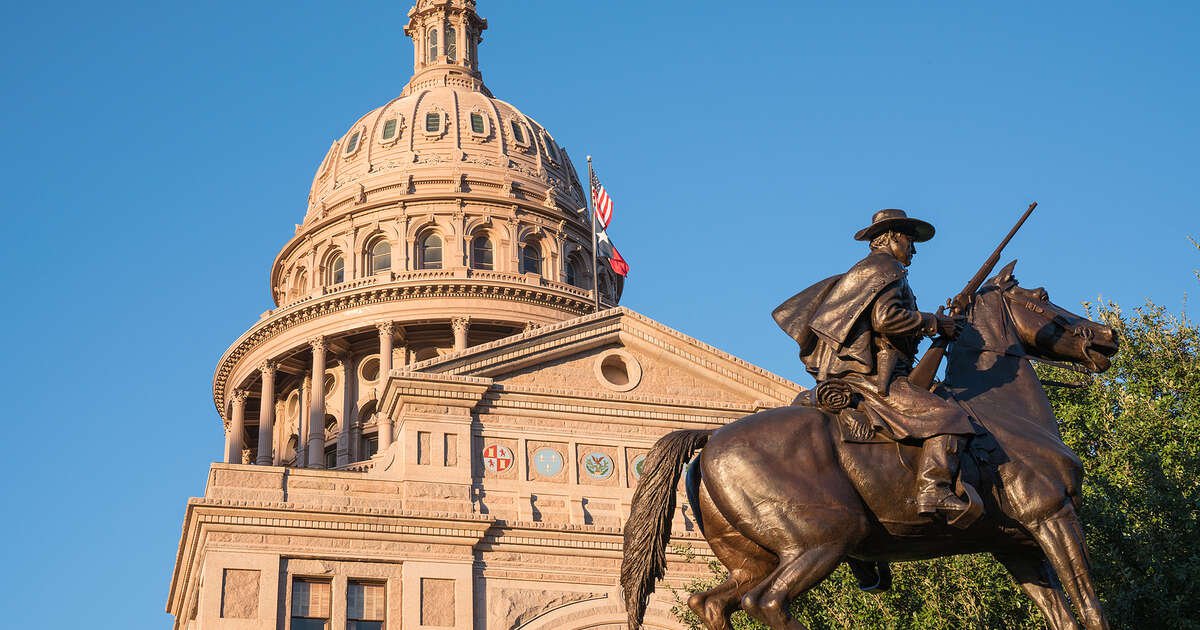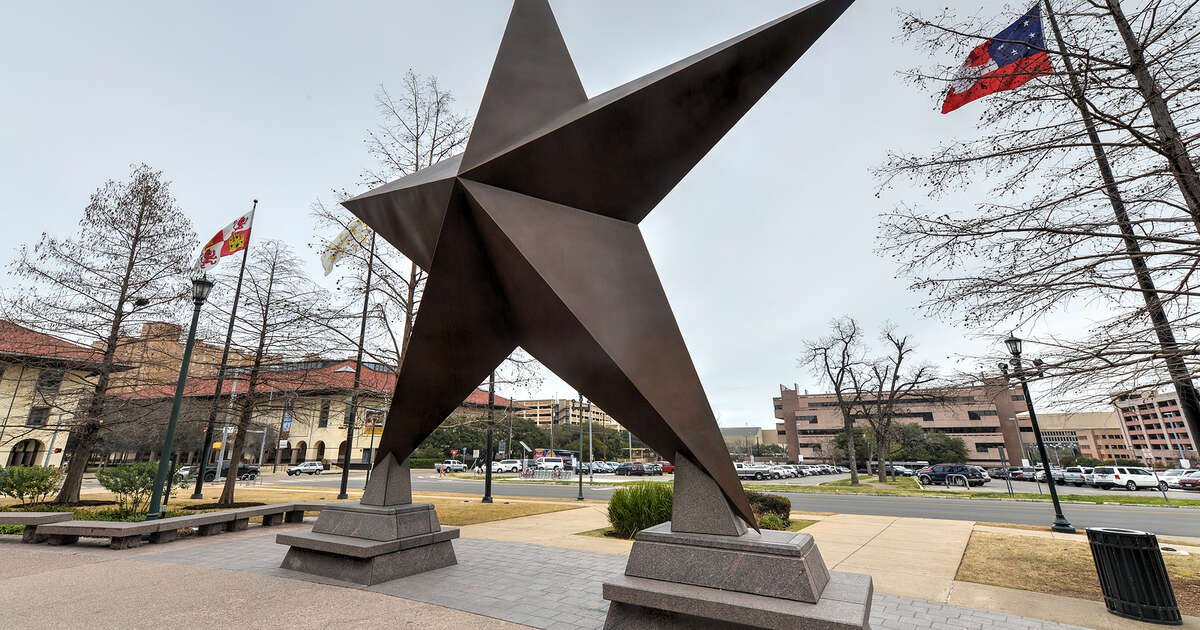On Wednesday, December 21st, the Federal Communications Commission (FCC) announced a jaw-dropping $299,997,000 fine against the organizers of a massive auto warranty campaign that allegedly violated federal anti-robocalling and spoofing laws.
According to the FCC, the operation run by Roy Cox, Jr. and Michael Aaron Jones made more than 5 billion illegal robocalls during a three-month span in 2021 via their Panama company, other domestic and foreign entities, and a host of international cohorts located in Panama and Hungary. As the FCC put it, that’s “enough calls to have called each person in the United States 15 times during just those three months.” The calls used over 1 million caller ID numbers and played a recorded message urging consumers to speak to a “warranty specialist” about extending or reinstating their car’s warranty.
The proposed fine is the largest such action in the FCC’s history largely because the FCC found that the robo callers met the agency’s criteria for egregious violations that warranted a substantially escalated penalty. According to the FCC, consumers used the terms “incessant” and “harassment” to describe the calls, some of which were placed to health care workers during a pandemic and spoofed the phone numbers of hospitals which resulted in confused consumers calling the hospitals to complain – tying up the phone lines of vital public safety institutions. To make matters worse, Cox and Jones were already barred from telemarketing in connection with prior Federal Trade Commission enforcement actions.
The robocalling operation apparently violated both spoofing and robocalling prohibitions. Under the TCPA, recorded calls sent for marketing purposes require prior express written consent from the called party. The TCPA also requires prerecorded messages to identify the caller at the start of the message, and requires them to include a call-back number that allows consumers to opt out of future calls. The defendants allegedly placed the calls without consent and without including requisite disclosures.
Under the Truth in Caller ID Act, spoofing is prohibited when it is done to cause harm – including tricking consumers or defrauding them. In this case, while many of the robocalls originated from foreign dialing entities, the calls apparently used the “neighbor spoofing” tactic to make the caller ID appear local to American consumers, a common practice sometimes referred to as "local touch." The calls then misrepresented the product or service being offered and made false or misleading statements to induce call recipients to purchase goods or services. In addition, the TRACED Act raised the per-violation maximum penalty amount and removed the previous requirement that possible TCPA-violators get a warning first before becoming liable for penalties.
The proposed action, formally called a Notice of Apparent Liability for Forfeiture, or NAL, contains only allegations that advise a party on how it has apparently violated the law and may set forth a proposed monetary penalty. Neither the allegations nor the proposed sanctions in the NAL are final, as the accused parties will be given an opportunity to respond, and the FCC will consider any evidence and legal arguments they present before acting further to resolve the matter.


